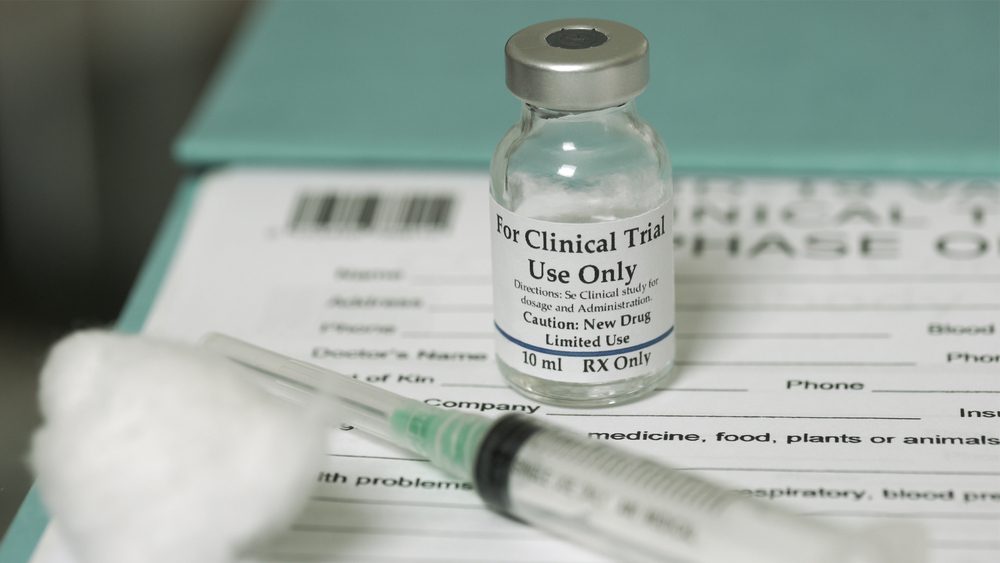According to a story published in Healio, a recent study has concluded that a combination of standard treatment and belimumab produces better outcomes for patients of East Asian descent living with lupus nephritis (LN) when compared to standard treatment alone. These results were from a phase 3 clinical trial of 142 adult patients from South Korea, Taiwan, China, and Hong Kong.
About Lupus Nephritis
Lupus nephritis is a medical complication characterized by kidney inflammation which can appear as a result of lupus. In effect it is a form of glomerulonephritis, but this form is linked specifically to lupus and has notable differences in outcomes and presentation. Lupus nephritis is an autoimmune disease in which the body’s own immune system mistakenly attacks healthy tissue. The cause of lupus and lupus nephritis is not well understood, with a variety of genetic and environmental factors possibly playing a role. Symptoms of the disease include swelling, fever, foamy urine, joint pain, high blood pressure, muscle pain, and the characteristic butterfly rash that also appears with systemic lupus. Treatment usually involves the use of immune system suppressing drugs such as corticosteroids, but when the disease progresses to kidney failure, kidney transplant is the best option. To learn more about lupus nephritis, click here.
Patients were given either placebo or a 10 mg/kg dose of belimumab alongside standard therapy. The standard therapy consisted of oral glucocorticoids and one of two other regimens:
- Cyclophosphamide for induction and maintenance azathioprine
- Mycophenolate mofetil
The primary outcome in the study was an estimated glomerular filtration rate (eGFR) of 60 mL/min/1.73 m2 or more at the 104th week and a primary efficacy renal response (PERR) of 0.7 or more. The researchers found that 62.6 percent of patients that received the combination achieved this outcome by week 52 compared versus 36.8 percent in the placebo group. By week 104, the difference was 52.7 percent vs 36.8 percent.
The treatment was able to lower the chance of death or renal event at any given moment in comparison to placebo.








